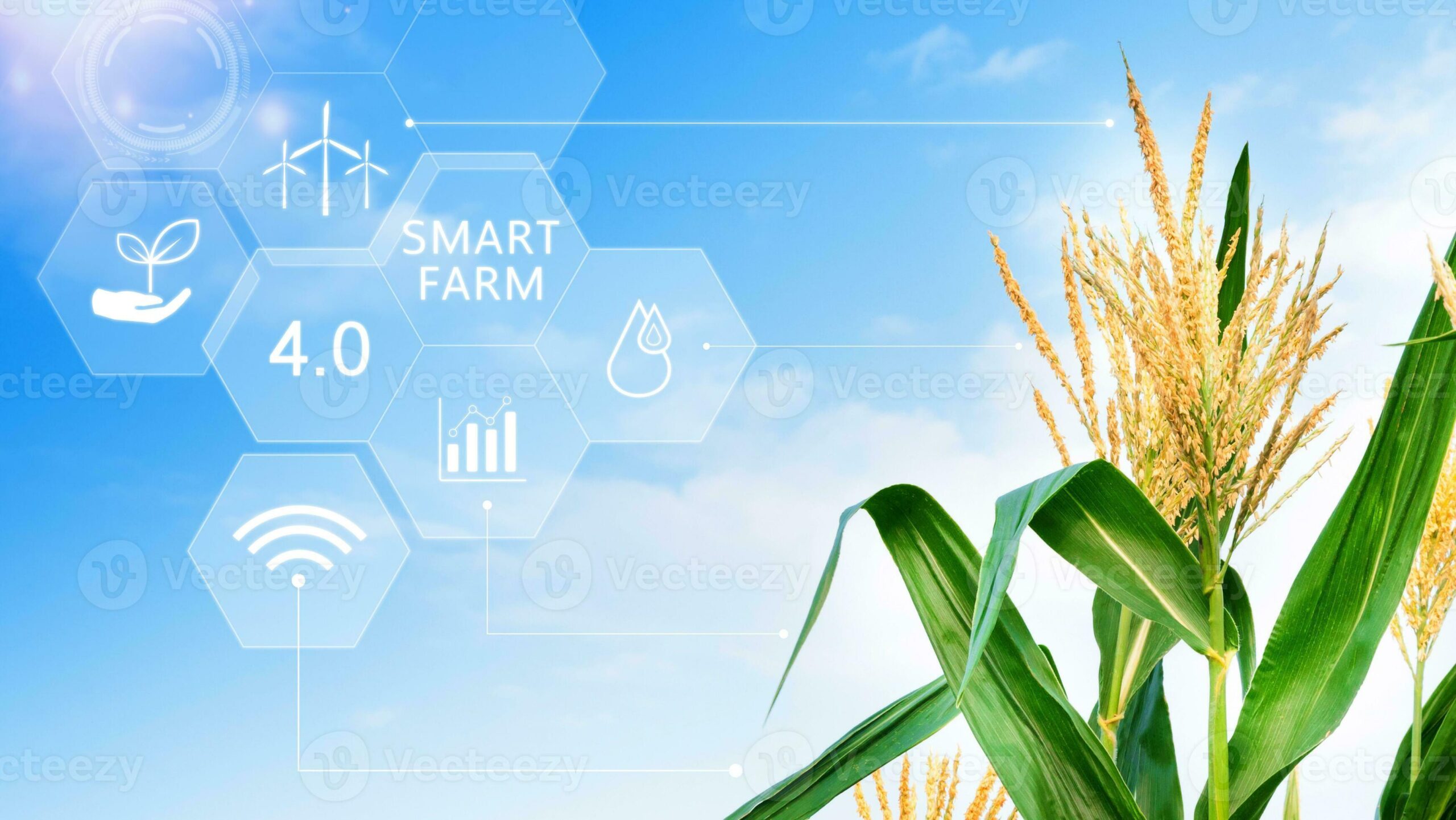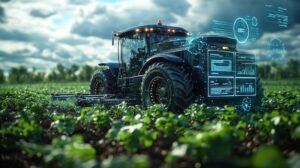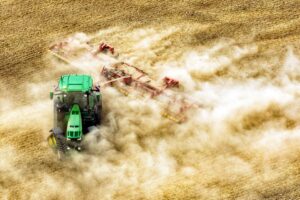The intersection of agriculture and digital technology is reshaping modern farming practices, with telecommunications giant Verizon at the forefront of this transformation. Through advanced connectivity solutions and smart farming applications, the company is enabling farmers to adopt precision agriculture techniques that optimize resource usage while minimizing environmental impact. This integration of technology into traditional farming methods represents a significant step toward sustainable agricultural practices in an era of increasing environmental challenges and food security concerns. In a groundbreaking fusion of telecommunications and agriculture, Verizon’s innovative technology solutions are transforming traditional farming practices into sustainable, data-driven operations. Through advanced IoT sensors, real-time monitoring systems, and robust network infrastructure, farmers can now optimize resource usage while minimizing environmental impact.
The deployment of 5G-enabled smart sensors across agricultural landscapes allows for precise monitoring of soil conditions, moisture levels, and crop health. These sensors transmit data continuously to cloud-based platforms, enabling farmers to make informed decisions about irrigation, fertilization, and pest control. By leveraging this technology, water consumption can be reduced by up to 30% while maintaining optimal crop yields.
Weather stations equipped with Verizon’s network capabilities provide hyperlocal climate data, helping farmers anticipate and respond to changing weather patterns. This predictive capability allows for better planning of planting and harvesting schedules, reducing crop losses and improving overall farm efficiency.
Drone technology, supported by Verizon’s high-speed networks, enables regular aerial surveillance of crops. These unmanned aerial vehicles capture high-resolution imagery and utilize advanced analytics to detect early signs of disease, pest infestations, or nutrient deficiencies. This early detection system helps minimize the use of pesticides and fertilizers, promoting more environmentally conscious farming practices.
Smart tractors and autonomous farming equipment, connected through Verizon’s network, optimize field operations through precise navigation and automated task execution. These machines reduce fuel consumption and soil compaction while increasing operational efficiency. The integration of machine learning algorithms helps these systems improve their performance over time, adapting to specific farm conditions and requirements.
Livestock management has also been revolutionized through smart tracking systems. RFID tags and biometric sensors monitor animal health, location, and feeding patterns in real-time. This technology enables early detection of health issues and optimal resource allocation, improving animal welfare while reducing operational costs.
The implementation of smart greenhouses, powered by Verizon’s network infrastructure, creates controlled environments where temperature, humidity, and light levels are automatically adjusted. These systems maximize crop yields while minimizing energy consumption and water usage, making year-round farming more sustainable.
Data analytics platforms process the vast amount of information collected from these various systems, providing actionable insights for farm management. This data-driven approach helps farmers identify trends, optimize operations, and make evidence-based decisions that benefit both productivity and environmental sustainability.
Energy management systems monitor and optimize power consumption across farm operations. Smart grids and renewable energy integration, facilitated by Verizon’s network, help reduce carbon footprints while ensuring reliable power supply for critical farming operations.
The economic impact of these technological implementations is significant, with farms reporting increased yields, reduced operational costs, and improved resource efficiency. This digital transformation of agriculture, powered by Verizon’s telecommunications infrastructure, represents a crucial step toward more sustainable and efficient farming practices.



